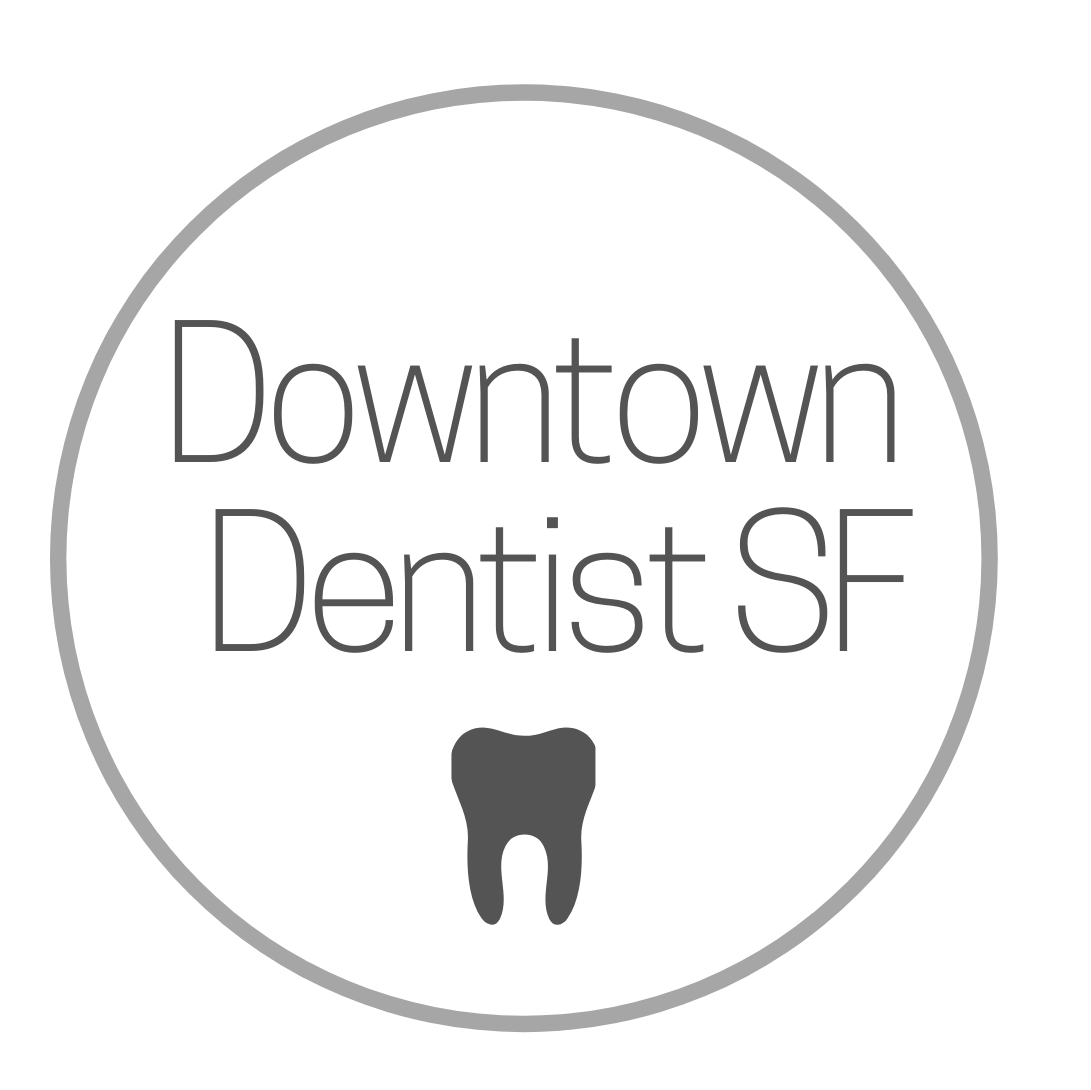Why Baby Teeth Matter More Than You Think
As dental professionals, we often hear the question from parents: “They’re just baby teeth—do they really matter if they’re going to fall out anyway?”
It’s a fair question. After all, baby teeth are temporary. But the truth is, they serve a critical purpose far beyond simply helping your child chew. At [Your Practice Name], we believe that strong oral health begins with a strong foundation, and that foundation is built during early childhood—starting with the very first teeth.
Let’s explore why your child’s baby teeth deserve as much attention as their permanent ones—and how taking care of them today can lead to a healthier, happier future.
🦷 1. They Save Space for Adult Teeth
Baby teeth act as essential placeholders for the adult teeth that will eventually take their place. These tiny teeth help guide the permanent teeth into their correct positions by maintaining the proper spacing within the jaw. When a baby tooth is lost too early—due to decay or injury—neighboring teeth can begin to drift into the empty space. This can cause crowding, misalignment, and even impact the eruption path of permanent teeth, leading to orthodontic challenges later in life.
Early orthodontic issues can often be prevented with proper care of primary teeth. Think of these teeth as nature’s blueprint—when followed correctly, it leads to better alignment, less invasive treatments, and a smoother transition into adolescence.
RELATED: DENTAL DECAY: WHY WE HAVE IT AND HOW TO PREVENT IT
🗣️ 2. They Help with Speech & Development
Teeth play a surprisingly large role in helping children learn how to speak. Specific sounds, like “th,” “f,” and “s,” rely on precise tongue and tooth positioning. If a child loses a front tooth too early or suffers from tooth decay, it can interfere with their ability to pronounce words correctly, potentially delaying speech development and creating difficulties in communication.
Beyond phonetics, a full set of healthy baby teeth supports proper facial development. The way the jaw forms and muscles grow during early years is significantly influenced by the presence and positioning of teeth. Ensuring these structures develop properly helps lay the groundwork for clearer speech, a more balanced facial profile, and greater self-confidence—especially during school-age years when social interaction becomes so important.
RELATED: TOOTHACHE: CAUSES, TREATMENTS AND PREVENTION
🍎 3. They Support Nutrition and Healthy Growth
We often don’t think of teeth as part of the digestive system—but they are the very first step. Chewing properly helps children break down food efficiently, making nutrients easier to absorb. When children experience dental pain due to cavities, abscesses, or sensitive gums, they may avoid chewing, skip meals, or stick to softer, less nutritious foods.
Research has shown a clear connection between poor oral health and undernutrition in children. Kids with untreated dental issues may not receive the calories or nutrients they need, which can affect everything from growth and immune function to energy and mood. In some cases, chronic dental pain can even interfere with sleep, further impacting development. Prioritizing your child’s dental health is one of the most powerful ways to support their overall well-being.
RELATED: HOW TO HANDLE COMMON DENTAL EMERGENCIES
💡 4. They Reflect Overall Health and Well-Being
It’s easy to overlook a cavity as a minor issue, but tooth decay in children is actually one of the most common chronic diseases among kids in the United States. According to the CDC, it’s more prevalent than asthma. And untreated tooth decay isn’t just about pain—it can lead to infections, missed school days, difficulty concentrating, and even hospitalization in severe cases.
Furthermore, oral health is a mirror to systemic health. Conditions like diabetes, nutritional deficiencies, and even certain genetic disorders may first show signs in the mouth. Children with poor oral health are also more likely to have academic struggles, as dental pain can significantly impact focus, attendance, and classroom participation.
🪥 5. They Teach Lifelong Habits
Establishing good dental hygiene habits early in life sets the tone for long-term health. When children learn how to brush, floss, and visit the dentist regularly, they internalize routines that often carry into adolescence and adulthood. These early practices help children develop a sense of ownership over their health and a deeper understanding of the connection between prevention and wellness.
We’ve seen firsthand how positive dental experiences in early childhood can reduce dental anxiety later on, leading to more consistent care as they grow older. Kids who learn to value their smiles are more likely to take pride in caring for themselves, a mindset that goes far beyond the dentist’s chair.
RELATED: The Why, When, How and Where of Tongue Scraping
🏥 Our Approach at Downtown Dentist SF
Whether your child is coming in for their very first check-up or they’re celebrating a cavity-free visit, we treat every appointment as an opportunity to build trust, confidence, and lifelong healthy habits. Our compassionate, kid-friendly approach is designed to create a safe and welcoming space where children can feel at ease, ask questions, and learn the value of their smile.
At Downtown Dentist SF, we’re proud to support families by creating healthy smiles from the very beginning—because we know that what happens in childhood lasts a lifetime.
👉 Have questions or want to schedule your child’s next visit? Contact us at 415-982-2250
—
Dr. Stefka Petrova DDS
CEO & Lead Dentist, Downtown Dentist SF
Creating Healthy Smiles for Life
